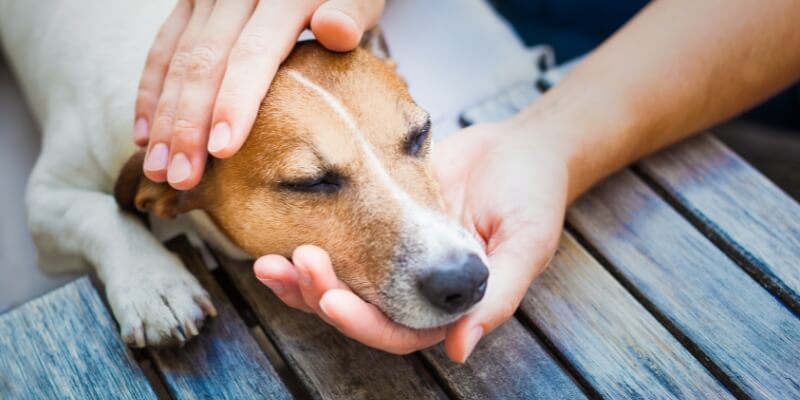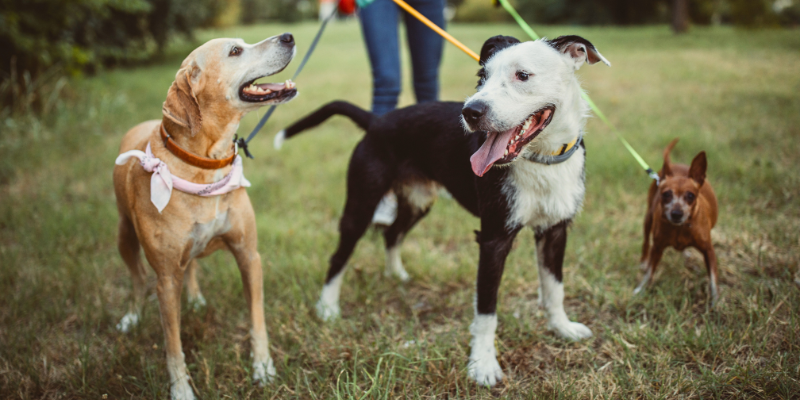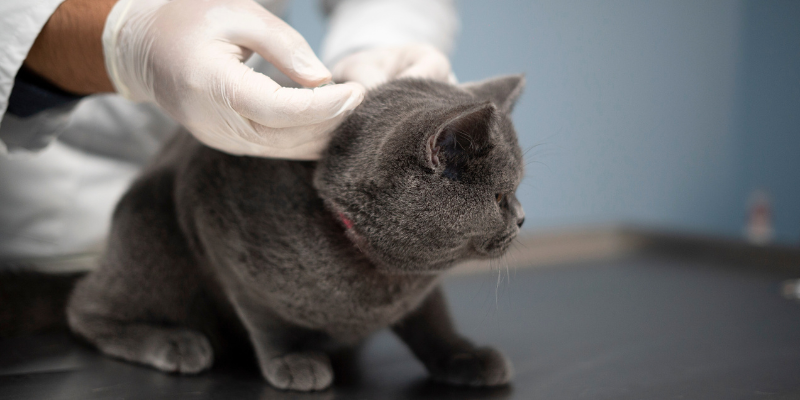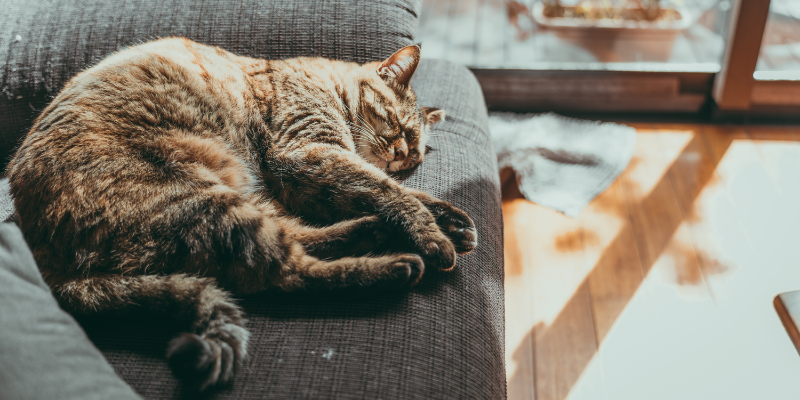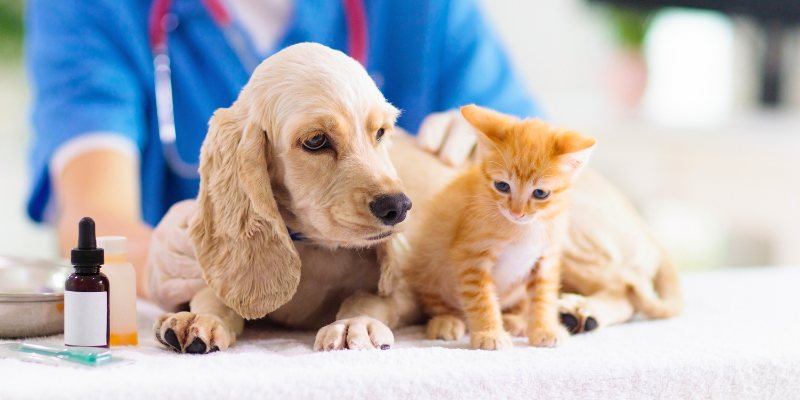[et_pb_section fb_built=”1″ theme_builder_area=”post_content” _builder_version=”4.14.2″ _module_preset=”default”][et_pb_row _builder_version=”4.14.2″ _module_preset=”default” theme_builder_area=”post_content”][et_pb_column _builder_version=”4.14.2″ _module_preset=”default” type=”4_4″ theme_builder_area=”post_content”][et_pb_text _builder_version=”4.14.2″ _module_preset=”default” theme_builder_area=”post_content” hover_enabled=”0″ sticky_enabled=”0″]
The Do’s and Don’ts of pet unwellness
With the focus this month being pet emergencies, our team would love to share our top tips on what to do – and what not to do! – when your pet is unwell.
What to do when your pet is unwell:
Do: Keep a diary of your pet’s activities and symptoms
When your pet is going through a period of unwellness, it can really help our assessment if you can keep track of their regular activities (such as any changes in their appetite, drinking, pooing, and urination), as well as any symptoms of unwellness (such as vomiting, diarrhoea or coughing).
It’s not uncommon that a pet is brought in for an unwellness consultation by a family member who is unsure about the pet’s recent health status. Unfortunately, that lack of up-to-date information can make it a little harder for us to work out what is going on!
Do: Keep an eye out for any particularly concerning symptoms.
Whilst we recommend a check-up as the safest option for any pet who is out of sorts, we strongly recommend an urgent veterinary assessment should your pet develop any of the following symptoms:
- Profuse or bloody vomiting or diarrhoea
- Straining to pass urine
Not passing faeces for three or more days - Generalised weakness or wobbliness
- Confusion or seizures
- Significant pain
- Breathing difficulties
Do: Offer your pet regular access to water
When your pet feels under the weather, try to help them stay hydrated. If they might not be drinking enough, bring water to them every 1-2 hours during the day to offer them a drink, or try adding small amounts of tuna springwater or low sodium chicken broth to their water to tempt them.
Do: When in doubt, phone our team promptly for advice!
Rest assured, we are always happy to advise on what to do if you have any concerns about your pet. Sometimes, we can recommend TLC measures and monitoring for your pet at home. However, if we are concerned, we will advise a veterinary check-up.
What not to do when your pet is unwell:
Don’t: Consult the internet or try home remedies
Unfortunately, some of the pet care information on the internet is not medically correct. It may be unsuitable or even harmful for your pet.
Whilst some simple home treatments (such as bland diets in the case of gastrointestinal upset or gentle saline flushing for eye irritation) can be helpful to try in milder cases of unwellness, others are ineffective, outdated, or even potentially unsafe for your pet.
It’s always recommended to consult a veterinary professional for personalised advice on your pet’s health.
Don’t: Use leftover medications from another pet
Whilst it can be tempting to try prescription veterinary medications that have previously been dispensed for another pet, this can unfortunately be unsafe, too.
When we prescribe a medication to a particular pet, we first consider their weight, their current diagnosis, any other medications they may be on, and any other concurrent health issues they may have. Not every medication suits every pet, and they may cause harm if misused.
The bottom line? If you have any concerns about your pet, please consult our experienced team – we’re here to help!
[/et_pb_text][/et_pb_column][/et_pb_row][/et_pb_section]
